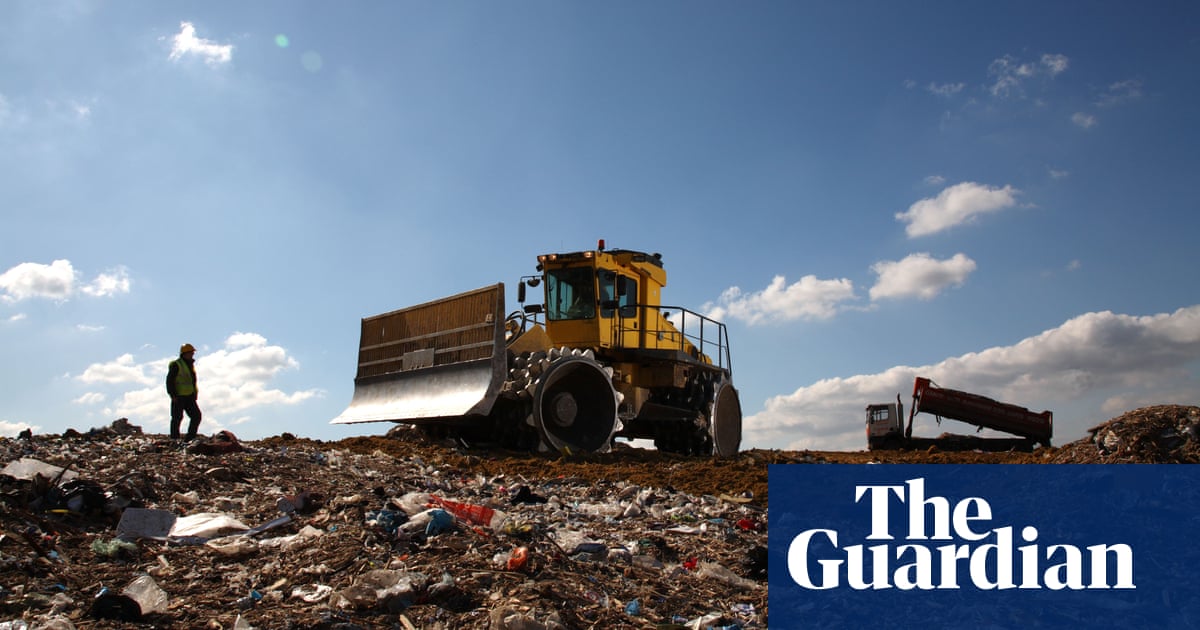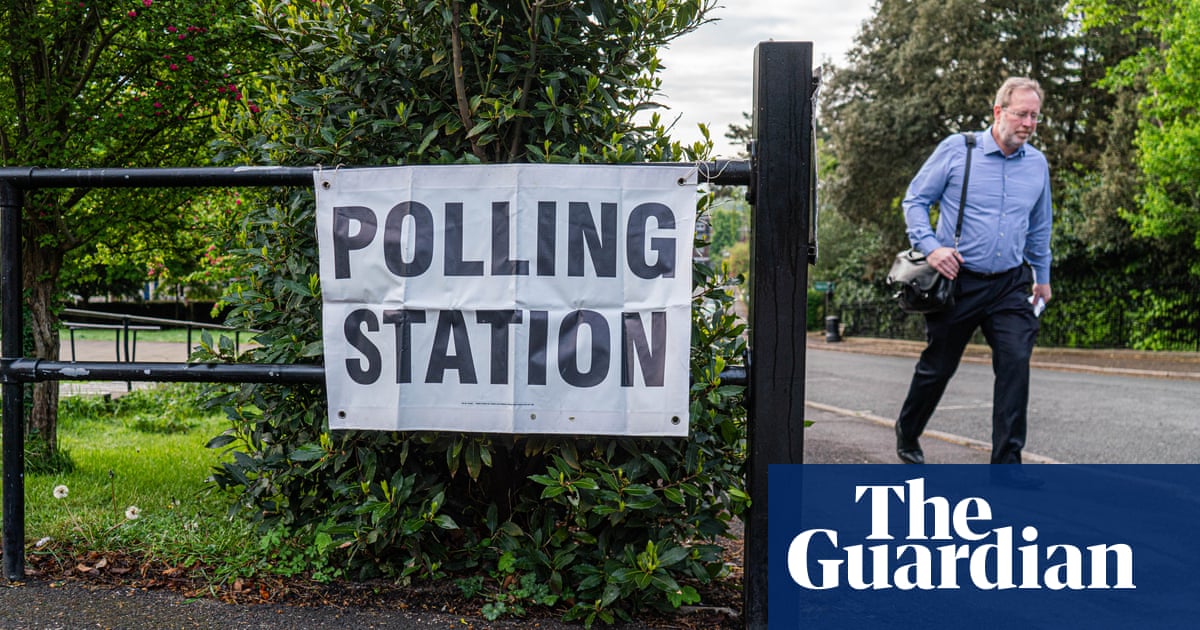Scottish Labour would set up an Elon Musk-style department to clear out inefficient quangos and government waste if it wins power next year, Anas Sarwar has said.
The Scottish Labour leader said their own “department of government efficiency” – a title identical to Musk’s Doge – would oversee efforts to save money by scrapping dozens of quangos, merging health boards and cutting costs.
Sarwar claimed that after nearly two decades of the Scottish National party being in power, services were getting worse and “ministers blame everyone but themselves”.
“I can tell you now that as first minister, I will end this culture of waste, respect people’s hard-earned money, and get value for every penny,” he said.
In a speech to the party’s annual conference in Glasgow, Sarwar announced a swathe of new policy proposals Labour hopes will reverse a sharp slump in the polls before next year’s Scottish parliament election.
Scottish Labour won 37 Westminster seats in July, taking 35% of the vote, but since then its reputation has plunged after unpopular decisions by the chancellor, Rachel Reeves, such as cutting winter fuel payments, refusing compensation for the Waspi pensioners, and raising national insurance costs for employers.
Without mentioning those decisions – which have left Labour at 18% in Holyrood polling, significantly behind the SNP on 35% – Sarwar hinted at Labour’s anxieties by reminding delegates the party had been underestimated before.
At last year’s general election, Scottish Labour “defied all the pundits, pollsters and delivered a political earthquake”, he said. “I am determined that we will defy the odds again and that we will win the election in 2026.”
He added: “The reality is that Scotland is still being held back by a tired SNP government that’s lost its way. Whether it’s in our NHS, our economy, or our schools the SNP is taking Scotland in the wrong direction.”
Sarwar promised that Scottish Labour would reverse the SNP’s longstanding ban on new nuclear power stations to support new jobs and secure baseload energy as part of its pursuit of clean energy.
He claimed Labour would also end rough sleeping, which had cost 242 lives last year, by ensuring there was enough emergency hostel spaces. Labour sources said they would draw on experience in Manchester, where the council focused on helping persistent rough sleepers.
Labour would also ban mobile phones in classrooms, without breaching health or disability equalities rights, because of the scourge of cyber-bullying and mobile phone-fuelled violence in playgrounds, he said.
On health policy, he said family doctors would be required to see all patients within 48 hours, with people able to use apps to book appointments, after a rewriting of the GP contract.
Most of Scotland’s 50 health boards would be merged, and Scottish ministers would make greater use of English hospitals and private providers to cut waiting lists – a reform close to NHS policy in England and Wales. “Under our plans, the money will follow the patient,” he said.
A recent decision by the Scottish government to reinstate peak fares on domestic rail services would be reversed, while Labour would also reform local government by allowing regions to elect mayors on the English model.
He said John Swinney’s SNP government “have had their chance”.
“If they were going to fix the problems, they would have done it by now,” Sarwar said. “The fact is every institution is weaker after 18 years of the SNP in government and they have squandered the opportunity Scotland gave them.”

.png) 2 months ago
22
2 months ago
22













































